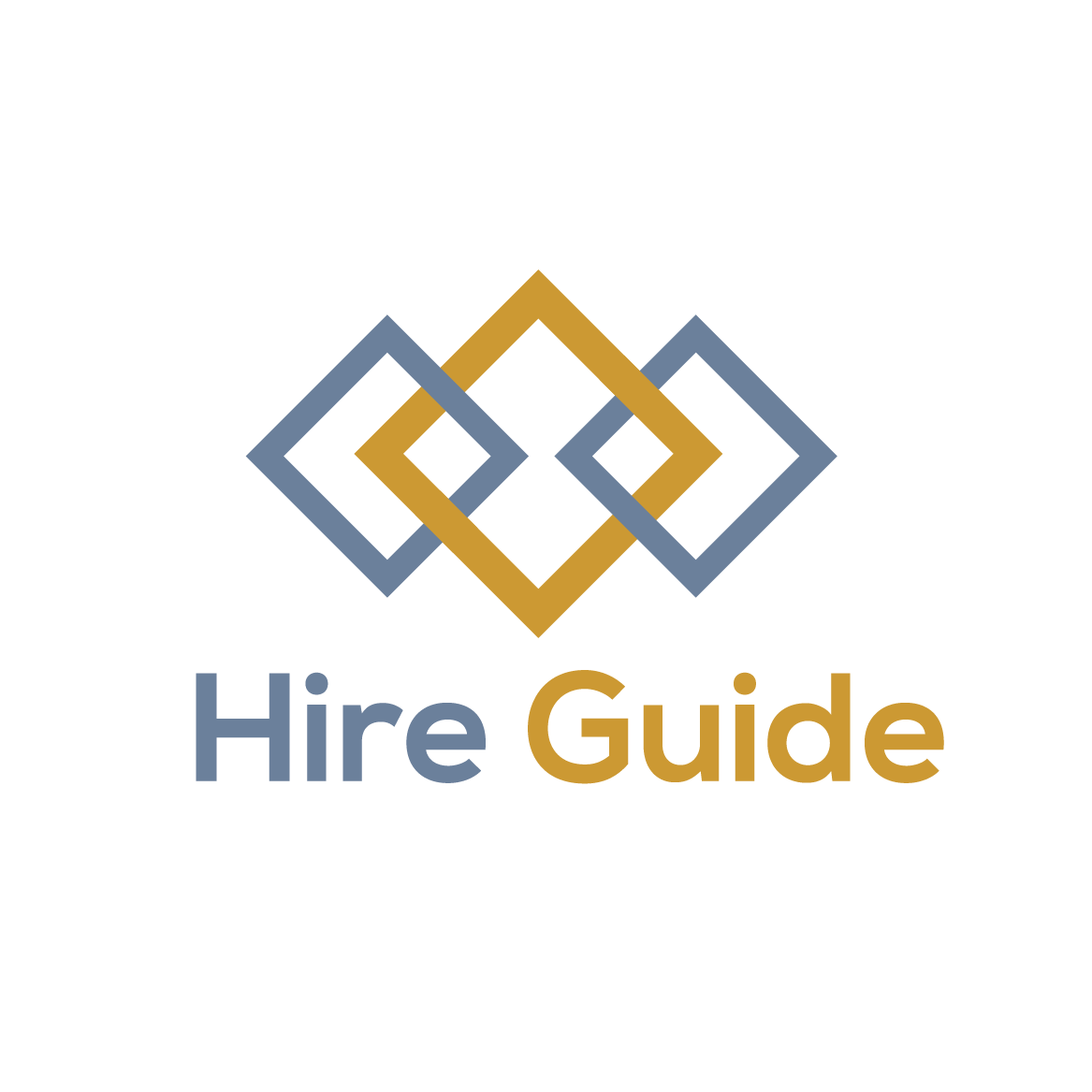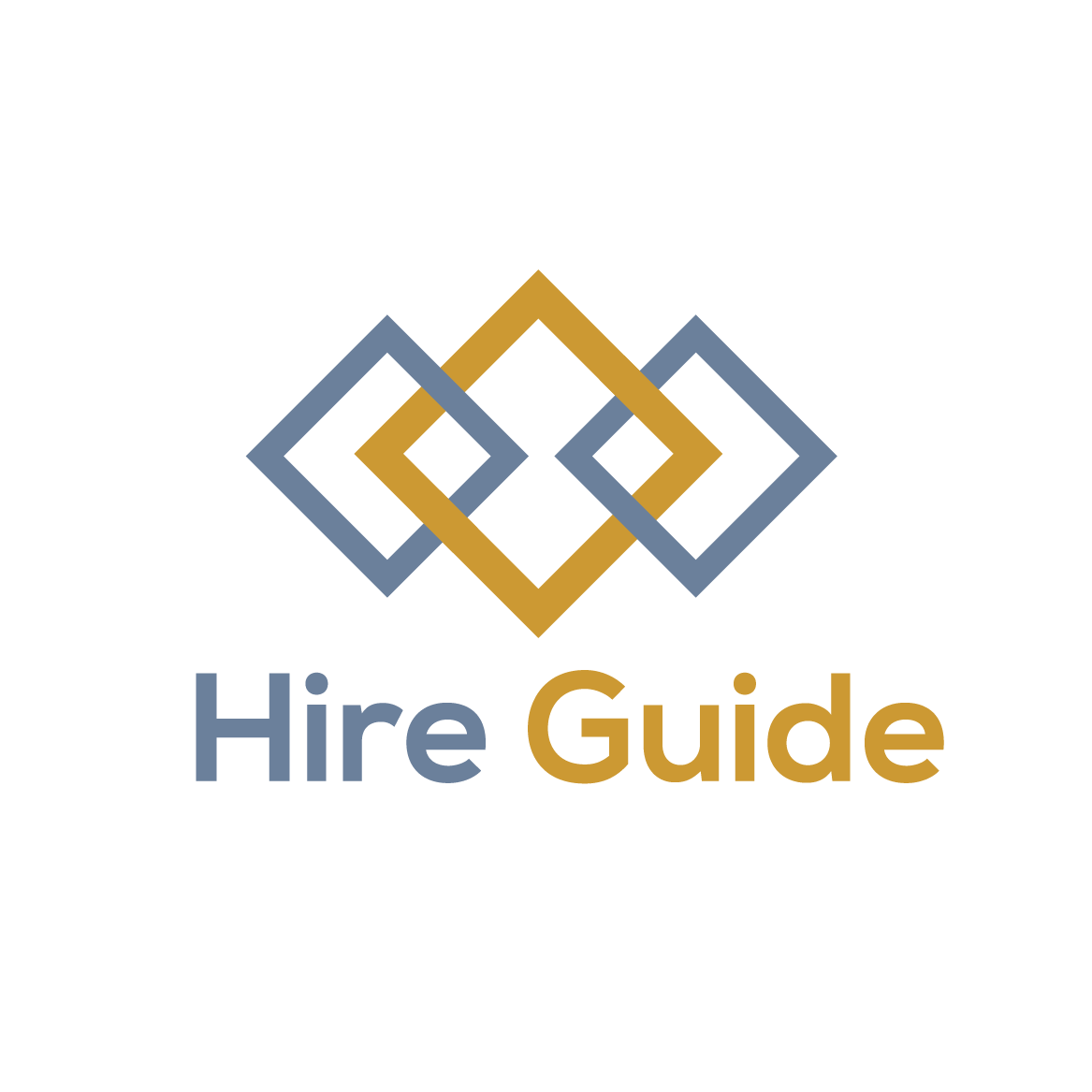Recruiters seem to be everywhere. Recent statistics show that the 3rd-party recruiting business generates about $430 billion annually! Here are a few things you should know before you work with a recruiter.
Just like other professions all recruiters are not the same. There are many different specialties and agency recruiting models. Finding and working with a well-connected recruiter can enrich your job seeking experience. In some cases you will have opportunities available that you may not have known about otherwise. However, for every recruiter who is in a position to assist you there are five who are not.
Work with a recruiter who is right for the job
There are many different types of recruiting agencies. Some focus on specific types of placements like contract or direct placement. Be sure that you choose a recruiting partner that fits the type of jobs you are seeking.
For consulting gigs look for contract placement specialists. If you prefer traditional (W-2) employment make sure your recruiter primarily represents direct placement opportunities.
Some recruiters concentrate in specific industry(ies) or areas of speciality. Common specialties are IT, administrative, engineering, executive, and accounting. To work with a recruiter successfully the firm must match both your industry and experience level.
Recruiters also might work in certain limited geographic markets. Any recruiter you worth with should have deep roots within the markets you wish to work. To find out their strongest markets you only need to review their current searches and note the city and state of each.
The company comes first…..always
Just like any free service or software or app, if it is free to use you are the product. The most common misunderstanding about agency recruiters is that they are working on your behalf. The fact of the situation is that the employers pay the recruiters. Therefore a recruiter will (and should) always put the best interest of their client first.
Your interest is actually third in line of importance behind the client and the agency itself. There is nothing wrong with this but a job seeker will be smart to remember this fact.
Do not expect unbiased career advice from a recruiter. Their client is the center of their attention. It is unwise to think that they will advise you otherwise.
Not as wide a net as you think
No matter how great your recruiter is they don’t work with every possible employer. You should not rely on them exclusively for your job search.
It is considered good practice for a recruiter to refrain from recruiting employees from clients. Many times this is prohibited by contract. Even the best recruiter must be strategic choosing which companies are partners and which are sources of candidates. Working with the right recruiter can open a lot of doors. However, it’s important to remember that they can not open all of them for you.
Choose your recruiter wisely
Recruiters tend to be go-getters with great communication skills. Make sure that you are choosing a recruiter to represent you on more than a great suit and a good pitch. Since you are the expert in your field you can usually gauge a recruiter’s industry knowledge with a brief conversation. Do they know the big players in your space? Are they up-to-speed on industry news or current events in your area of expertise? Do they have a lot of years working in your industry? How many jobs to they represent? Have they made a lot of recent placements? Ask a lot of questions.
It’s very acceptable to interview a recruiter before you trust them to represent you professionally.
Let the recruiter drive the process
Once you decide to work with a recruiter you will have to leave the process in their hands. One of the reasons a company hires a recruiter is to manage the communication with the candidates.
A good recruiter will keep their finger on the pulse of the hiring process. Your best bet is to follow the direction of the recruiter. Unless they tell you otherwise your communication should always be directed to them and not directly to the company making the hire. If you break rank and contact the company directly you risk either confusing the communication or being labeled a difficult candidate.
Only with your permission
Recruiting can be a highly competitive marketplace. Because of this an agency may only have hours to submit a candidate for consideration. Recruiters have been known to cut corners on the recruitment process.
One of the common ways to speed up the process is for a recruiter to present your resume without you about it first. While this might seem harmless it can actually create a lot of problems for you or even disqualify you from the job before you even get a chance to interview.
A common example is when the job seeker applies to a company and then the recruiter submits your resume at a later date. The company may choose not to interview you to avoid a debate about whether a fee to the recruiter would be due. Whenever you work with a recruiter be sure to inform them not to present your resume to any of their clients without getting your approval.
Your performance is guaranteed
Once you land the job the recruiter still has a vested interest in making sure it works out. The recruiter guaranteed that you will be a good fit. This guarantee is usually 3-6 months and requires the recruiter to either refund the fee that they collected or find a new employee if you do not remain employed for the guarantee period. If you run into any problems at your new job you might want to work with a recruiter to iron them out.
A well-connected recruiter can open opportunities for you that you would not have had otherwise. Choose your recruiting partners carefully. Understand the process from their perspective and they can be a valuable piece of your overall job search.
I would love to hear from you. What has been your experience when you work with a recruiter? Feel free to contact me if I can answer your question or provide additional insight into your career search or about how to work with a recruiter.





